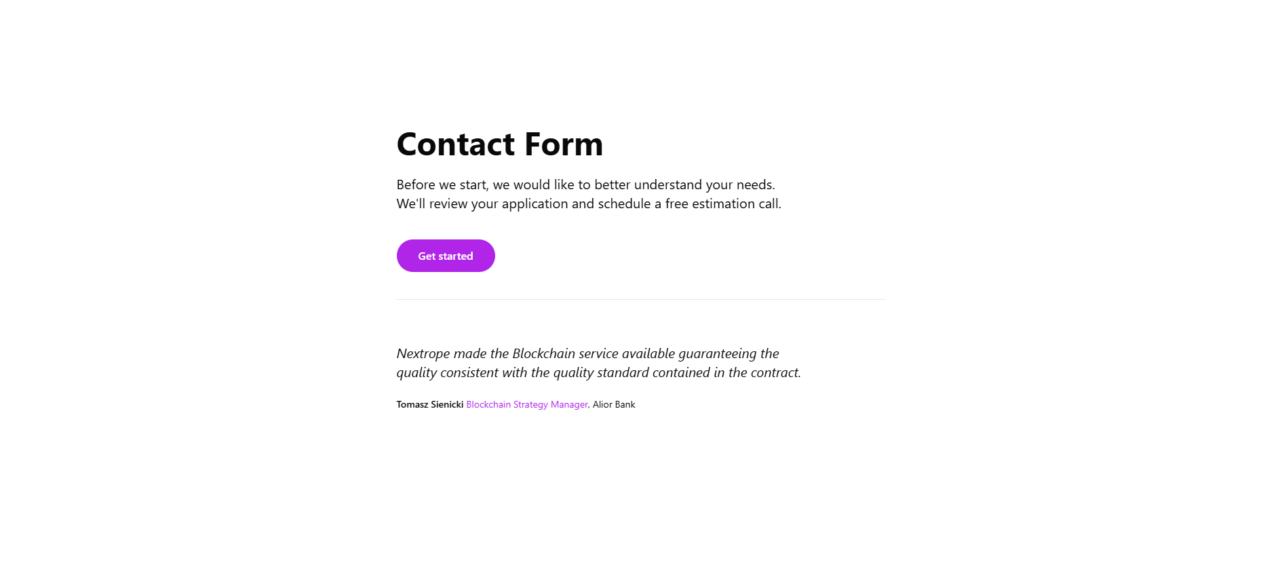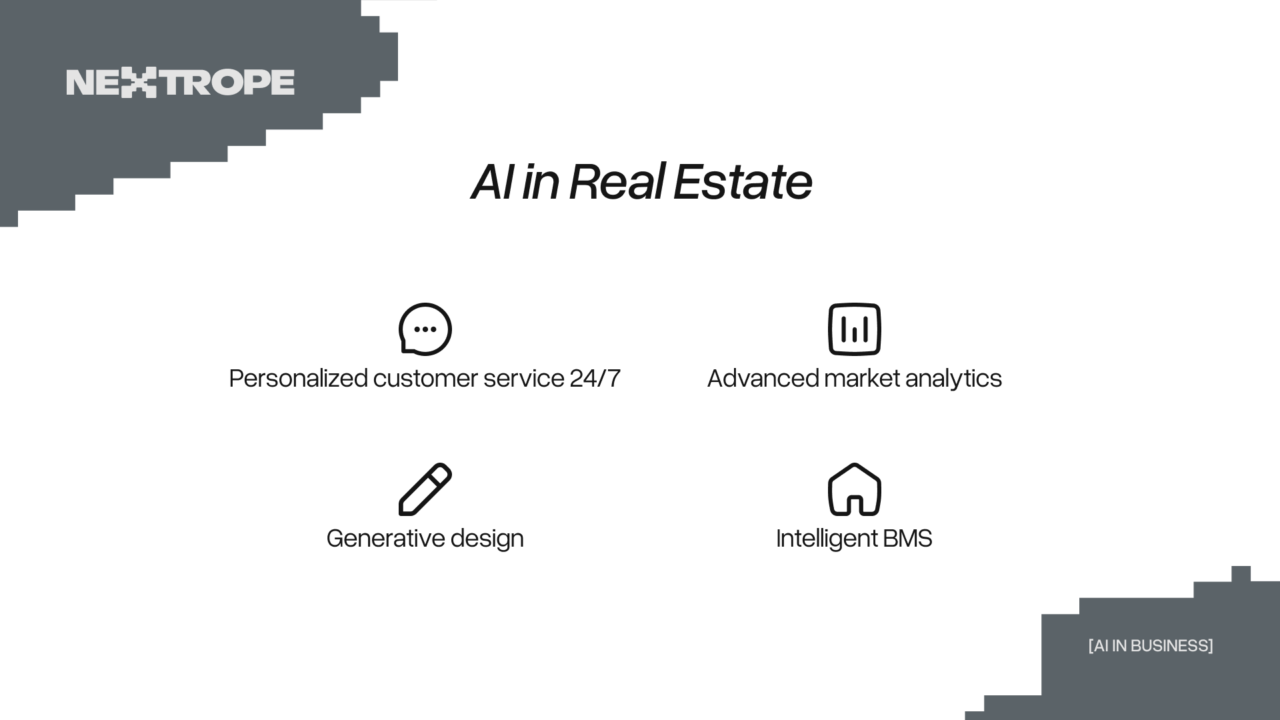Understanding crypto regulation is an integral step in learning about the blockchain industry. On our Nextrope blog, we decode the existing ecosystem of regulation, recent regulatory changes and barriers against new regulation.
The Status-Quo of Crypto Regulation
Cryptocurrency’s decentralized nature has prevented governments from exercising universal control and regulations. This barrier prompted varying approaches to crypto regulation across countries.
Source: Visual Capitalist
1) Extremely Tight Regulation
Countries such as Algeria, Bolivia, Morocco, Nepal, Pakistan, and Vietnam have completely prohibited cryptocurrency.
2) Tight Regulation
Qatar and Bahrain permit cryptocurrency-related activities strictly outside the borders.
3) Slightly Tight Regulation
Instead of directly outlawing crypto-related activities, Bangladesh, Iran, Thailand, Lithuania, Lesotho, China, and Colombia have barred their financial institutions from executing crypto-related transactions.
4) Medium Regulation
Australia, Canada, and the Isle of Man have amended their counterterrorism and money laundering laws to regulate cryptocurrency markets and mandate due diligence requirements on their financial institutions.
5) Slightly Weak Regulation
Spain, Belarus, the Cayman Islands, and Luxembourg are establishing crypto-friendly regulations with the goal of attracting tech investments.
6) Weak Regulation
Belgium, South Africa, and the United Kingdom have determined the current cryptocurrency market to be inconsequentially small and are yet to establish any regulations.
7) Extremely Weak Regulation
France, Marshall Islands, Venezuela, the Eastern Caribbean Central Bank (ECCB) member states and Lithuania are in efforts of establishing their own cryptocurrency systems.
Why is Regulation Necessary?
Wei Zhou, the chief financial officer of the cryptocurrency exchange, Binance, spoke out in support of the cryptoregulation. Experts such as Zhou recognize that the human elements of cryptocurrency makes the system vulnerable to fraud, money laundering, terrorism and organized crime.
Despite some users’ concerns regarding the potential negative effects of crypto regulations on its trading values and innovation, major crypto regulations have empirically never posed a long-term impact on the share price of Bitcoin, save for some immediate volatility. Further, crypto users widely believe that regulations provide the much needed investor protections that offsets its potential drawbacks.
Source: Finance Magnates
Recent Regulatory Actions
European Union (EU) – Proposal for a Regulation on Markets in Crypto-assets (MiCa)
On September 24, 2020, the EU Commission enacted the regulations on Markets in Crypto-assets (MiCa). MiCa’s goals are (1) reducing the rate of cash payment, which currently make up 78% of all payments in the eurozone, and (2) stimulating responsible innovation and competition among financial services providers in the EU.
MiCA plans to differentiate between crypto-assets governed by EU legislation from crypto-assets that fall outside its scope. Prof. Rasa Karpandza, a professor of Economics and Finance at New York University Abu Dhabi and EBS Business School, claimed that “In order to achieve widespread usage as an alternative to fiat options, blockchain and crypto assets need to be classified appropriately and this is a good first step”.
In order to harmonize the EU market and prevent market regulatory fragmentation, the EU Commission published a single set of immediately applicable rules for the EU's Single Market as opposed to a "Directive", which leaves Member State discretion through the need of national transposition. I believe that MiCA will effectively bring together the fragmented national crypto-asset legal regimes within the EU.
United States (US) – Stablecoin guidance
On September 21, 2020,the Securities and Exchange Commission (SEC) published stablecoin guidance, laying out the legal implications of cryptocurrencies backed by fiat currencies for the first time. Stablecoin (cryptocurrencies designed to minimize volatility of price and usually backed by fiat money) issuers have been using U.S. banks for years but in an unclear regulatory environment. Through the new guidance, the SEC plans to better ensure safety for the federally regulated banks as they provide services to stablecoin issuers.
Venezuela – Decentralized Exchange
On October 2,2020, the National Superintendency of Securities of Venezuela (Sunaval) authorized the operation of a decentralized electronic exchange. This legalized the exchange of shares, fiat money, securities, debt securities and cryptocurrencies. Sunaval plans to decrease the commissions to nearly 0% in order to encourage its use.
Israel – Treatment of cryptocurrency as Fiat
On September 22, 2020, the Israeli legislature proposed the amendment of existing tax law. While the current income tax policy taxes digital currencies 25% anytime it is converted into fiat, the new legislation seeks to (1) have digital currencies be treated like fiat for tax purposes and (2) exempt gain taxes on digital currencies.
Malaysia – Approval of Cryptocurrency exchange
On January 15, 2019, Malaysia passed “The Capital Markets and Services (Prescription of Securities) (Digital Currency and Digital Token) Order 2019”. Designed to regulate DAX operators, the Order was followed by the legalization of a cryptocurrency exchange agency’s operation.
Nigeria – Beginning of regulatory conversation
Source: Google Trends, Regions with highest bitcoin searches
Bitcoin has become increasingly popular in Nigeria (highest google searches in the World) and the Nigerian SEC is working to recognize cryptocurrencies as financial securities and establishing safety regulations. The Nigerian SEC claimed that “the general objective of regulation is not to hinder technology or stifle innovation, but to create standards that encourage ethical practices”, advocating that this will protect investors’ interests and promote transparency.
South Korea – Permit System for Crypto Exchanges
On March 5, 2020, South Korea’s National Assembly passed a revised bill on the reporting and the use of special financial transaction information. The bill introduces a permit system for cryptocurrency exchanges as well as the plans to strengthen the Anti-Money Laundering (AML) system for virtual assets including cryptocurrency.
China – Digital Yuan
China has been working vigorously on the digital yuan, though cryptocurrency is formally banned in the country. Digital yuan targets the dominance of tech giants, such as Alibaba and Tencent, in the digital payments sector. However, the government remains cautious in its approach to both its own cryptocurrency and digital assets and is yet to issue regulations.
Barriers against Regulations?
1) Economic Strategy
Because some governments believe that crypto regulation will impede growth and innovation, they intentionally avoid implementing regulations as an economic strategy. These governments also believe that while high barriers to entry through stricter regulation can benefit users by providing security, it may also curtail potential projects through financial and regulatory strains.
2) Incomplete Understanding of Cryptomarket
Current understanding of cryptocurrency, of users, economists and policymakers, remains incomplete, partly due to the volatility of the crypto market and its small size. Thus, governments are hesitant to implement hasty regulations.
3) Threat to National Economic Sovereignty
Countries, specifically the developing nations, believe that cryptocurrency will be harmful to their economic sovereignty. Decentralized finance has the potential to disrupt the financial services sector.
 en
en  pl
pl 












